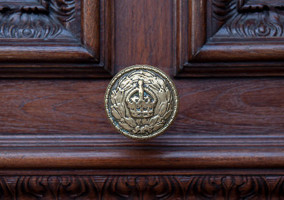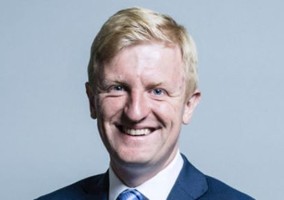The Good Law Project has withdrawn its legal challenge over the process for appointing the next chair of the Charity Commission to avoid wasting court time.
Ahead of interviews for the position Oliver Dowden, then culture secretary overseeing the process, wrote an opinion piece calling for a rebalancing of the charity sector. This prompted the Good Law Project to begin a legal challenge over concerns that this risked the independence of the regulator.
Martin Thomas, who was appointed despite the legal challenge, withdrew from the role after a Good Law Project investigation highlighted that he had failed to disclose an issue at a charity he previously chaired.
Good Law Project says that it has achieved its goal and has “finished” its legal challenge.
Meanwhile, the Department for Culture, Media and Sport (DCMS) has advertised for two new Commission board members.
‘Courts don’t like their time being wasted’
Last week, right-wing blog Guido Fawkes revealed that the legal case had been discontinued.
In response Jo Maugham, director of the Good Law Project, tweeted: “Courts, rightly, don't like their time being wasted so we finished our judicial review.”
A crowdfunding page to support the case had attracted £84,000 in pledges from over 3,000 supporters.
This page explains: “It is our policy only to raise sums that we reasonably anticipate could be spent on this litigation. If there is a surplus it will go to support and enable other litigation we bring.”
DCMS seeks new board members
It has been two months since the Thomas resigned, and DCMS has still not indicated if it will re-run the process or appoint someone else who applied last year.
However, last week the Public Appointments website advertised for two new Charity Commission board members. It is looking for one board member with specialist legal skills and one with a connection to Wales.
The Commission’s board must include one person with a connection to Wales and two legal board members.
Commission board members are appointed for three-year terms, which can be extended up to a maximum of ten years.
To be considered for the legal board member role, candidates need to a seven-year general qualification within the meaning of section 71 of the Courts and Legal Services Act 1990. They must also be able to demonstrate understanding of charity law.
The job advert also warns candidates that as part of the process, they are expected to declare affiliations with charities and that “further due diligence checks will be undertaken by the Charity Commission on any charities you have listed in your CV or conflicts of interest form”.
This is something DCMS officials promised to do in the aftermath of Thomas' resignation.
The deadline to apply is 17 March and interviews are due to be held on the week commencing 25 April.
Related articles












